Although the Democratic Progressive Party won the Taiwan regional election, it does not represent mainstream public opinion on the island, as it only received support from around 40 percent of the voters, analysts on both sides of the Taiwan Strait said.
The dissatisfaction with the DPP's past eight years in power and the demand for better development and cross-Strait exchanges, represented by the opposition parties that garnered nearly 60 percent of the votes, reflected mainstream opinion on the island, experts said.
"Pro-independence" DPP candidate Lai Ching-te and his running mate, Hsiao Bi-khim, won the leadership election, receiving 5.6 million votes, or 40 percent of the ballots cast, in Saturday's election.
In the three-way contest, the opposition camp collectively obtained close to 60 percent of the votes. The Chinese Kuomintang party received 33.5 percent of the vote, while the Taiwan People's Party got 26.5 percent.
In the simultaneous election to the island's 113-seat legislature, the KMT became the largest party, increasing its seats from 35 to 52, while the DPP's seats decreased from 68 to 51. The TPP got eight seats, and the remaining two seats went to independent candidates.
Wang Hailiang, director of the Shanghai Institute of East Asia Studies, said that the nearly 60 percent of votes received by the non-DPP parties and the result of the legislative election represent mainstream opinion, which seeks to remove the DPP from power.
Wang said that although the failure of the non-DPP parties to unite resulted in the DPP remaining in power against the wishes of the majority, the DPP still lost 2.6 million votes compared with the previous election, barely clinging to power with its core support base.
"This sharp decline indicates that a significant number of swing voters and young people have abandoned the DPP and chosen the TPP. This represents a notable shift in public opinion," he said.
Lee Wei-kuo, chairman of the Taipei-based Chinese Youth Trade Development Association, voted in the recent elections for the KMT, which is known for its opposition to "Taiwan independence" and is considered more capable of handling cross-Strait relations.
The mainstream opinion in Taiwan is to seek to remove the DPP from power, and this sentiment stems from the DPP's alleged corruption in recent years and the desire for change after eight years of its rule, he said.
Lee, who moved to the Chinese mainland from Taiwan in 2016 and now runs a company focused on rural development in Chengdu, Sichuan province, said: "Peaceful cross-Strait development is important, and good relations between the two sides are essential for the well-being of people from both sides."
In recent years, the DPP's governance has led to increasingly tense cross-Strait relations. Many individuals who have sought to work or communicate with the mainland have faced obstacles, resulting in hardships for the people of Taiwan, especially its young people, he added.
Analysts said that the obvious change in this election is the shift of young and swing voters toward the TPP, which was established in 2019, and said that the mainland should have more exchanges with young people.
"The younger generation is not interested in war, but cares more about better development opportunities," Lee said, adding that it is important to let young people in Taiwan understand the true development situation in the mainland, so that they can share in the opportunities.
Wang, from the Shanghai Institute of East Asia Studies, said it's necessary to expand cross-Strait youth exchanges and communication.












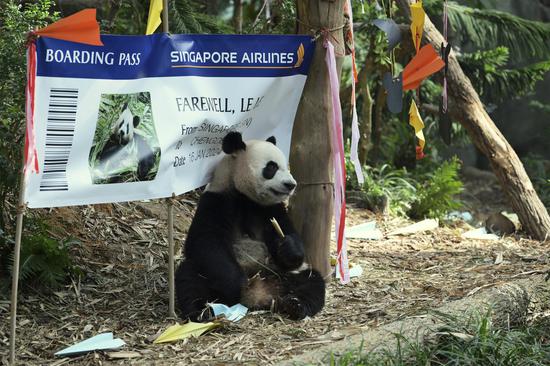
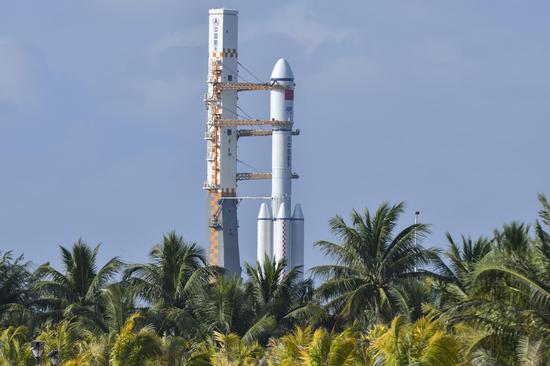

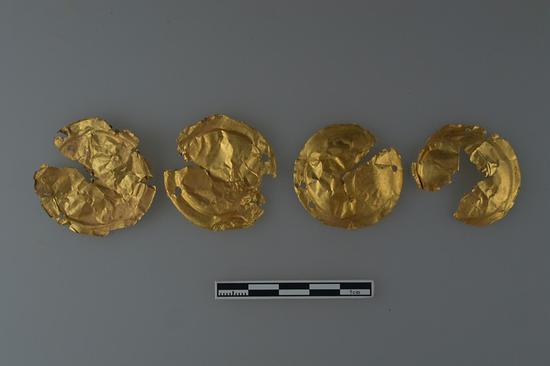



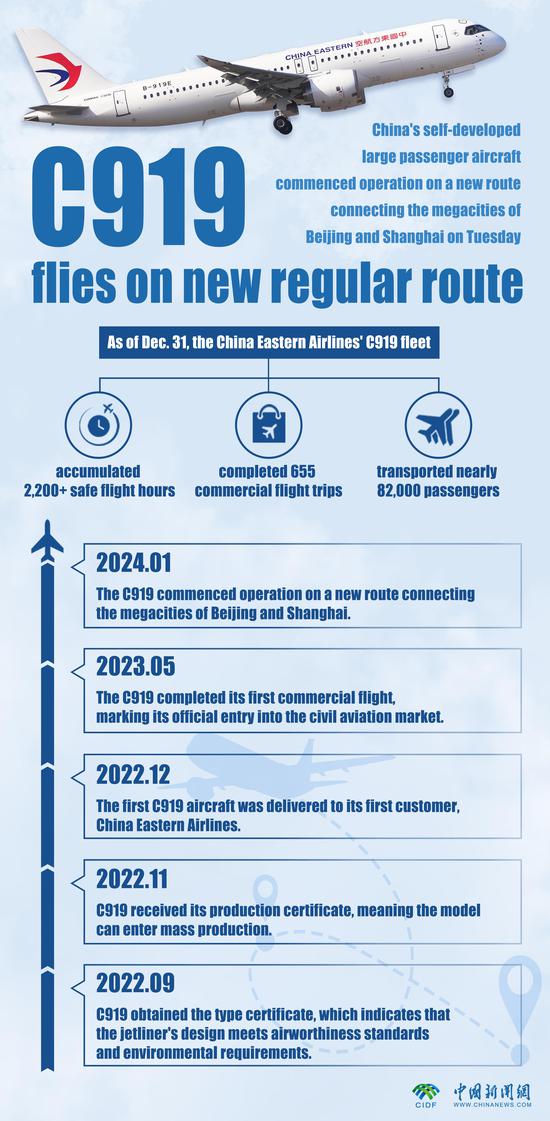




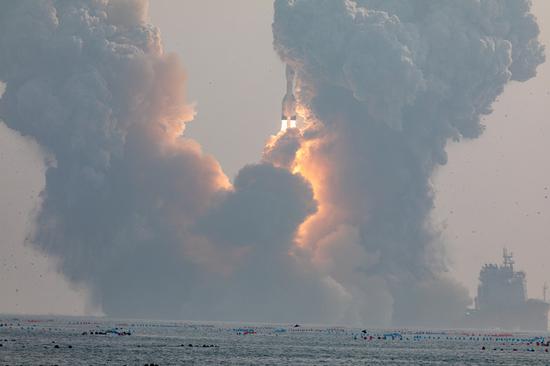

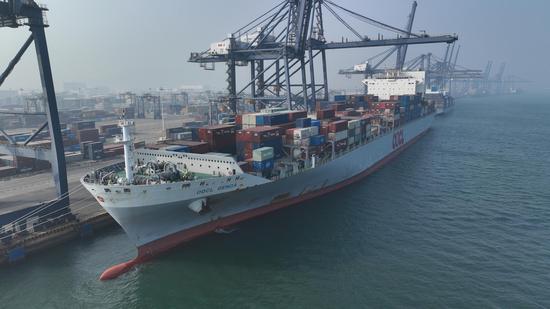
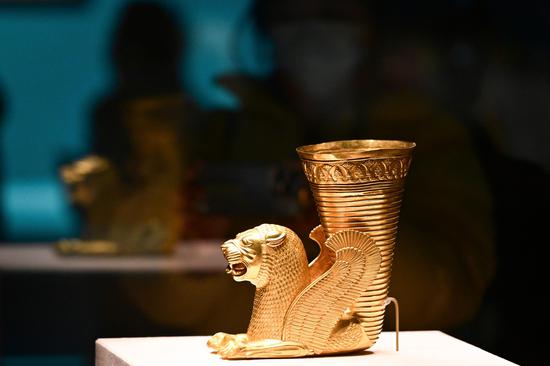

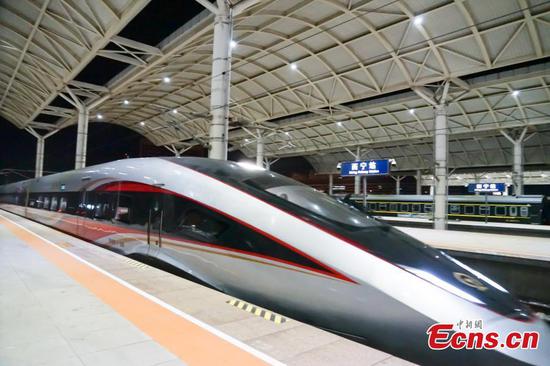

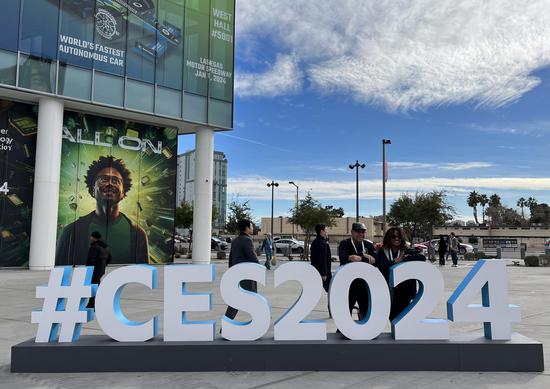
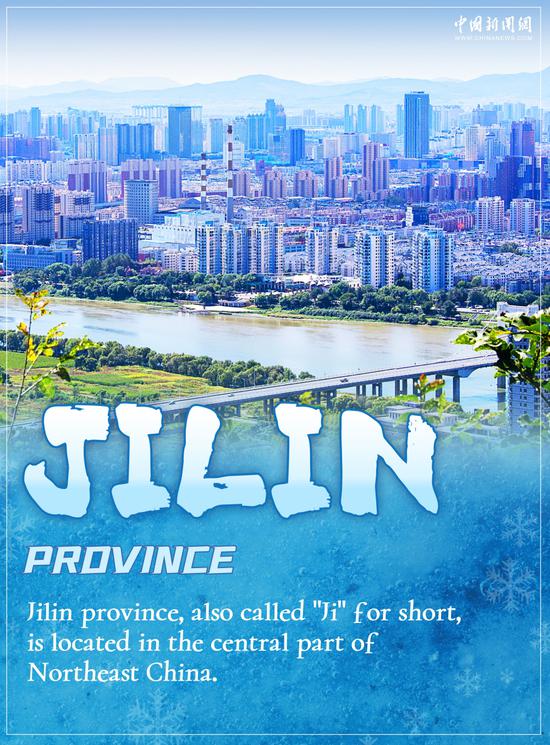
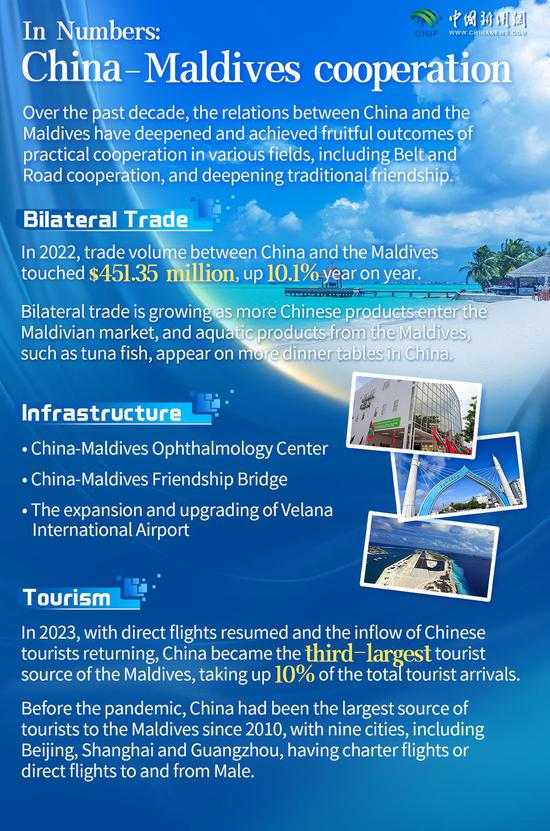
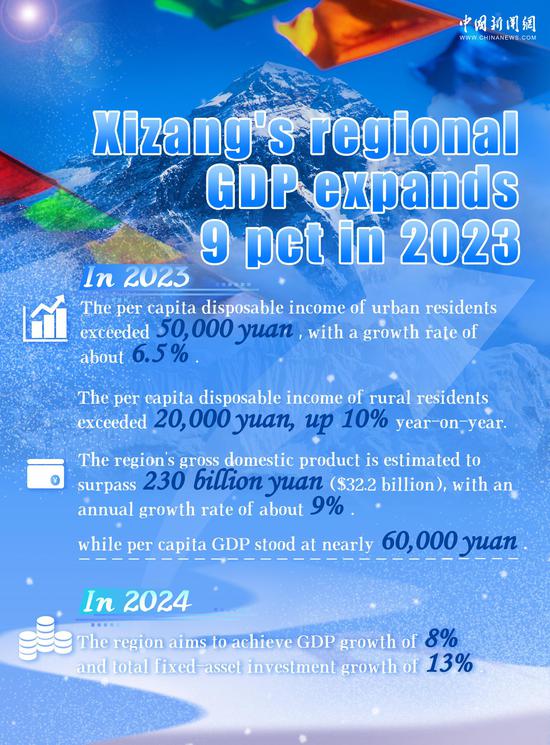
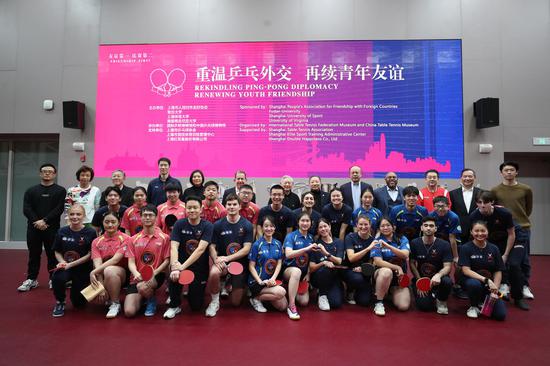
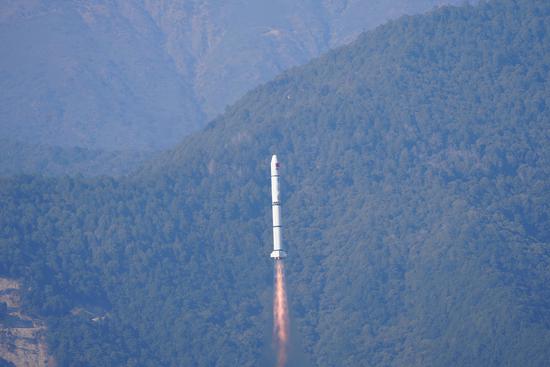
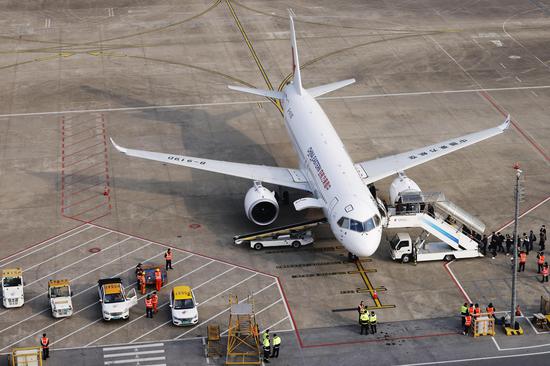
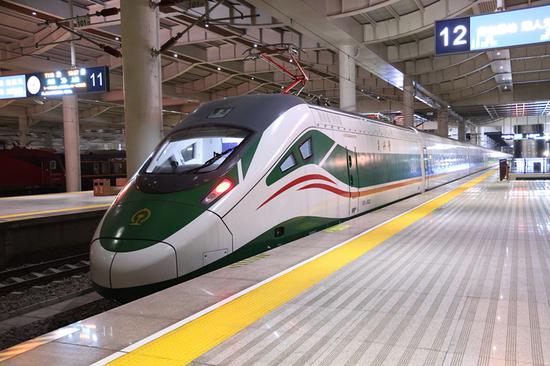

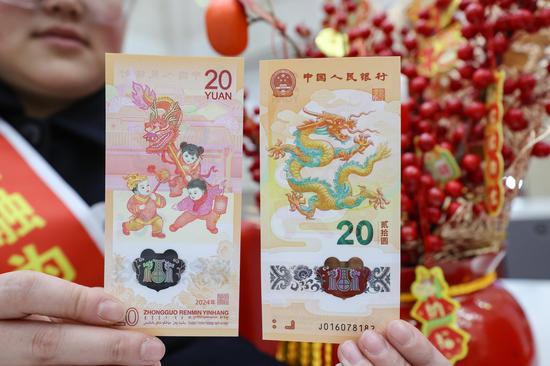
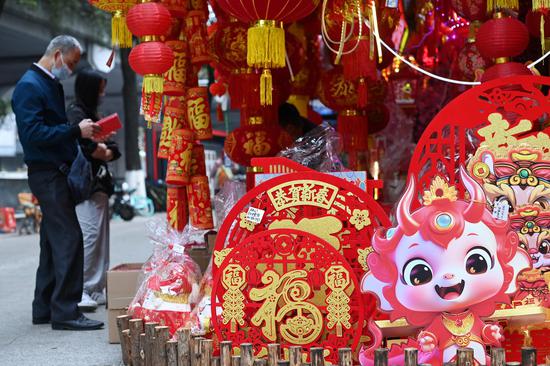
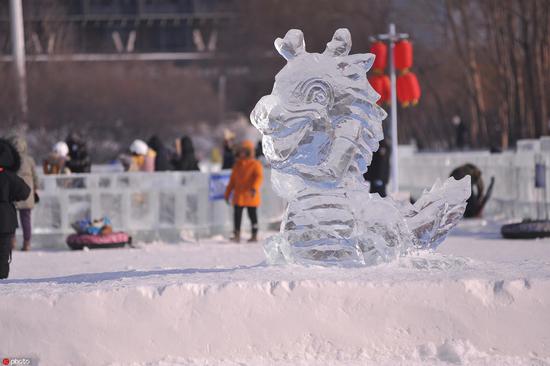







 京公网安备 11010202009201号
京公网安备 11010202009201号